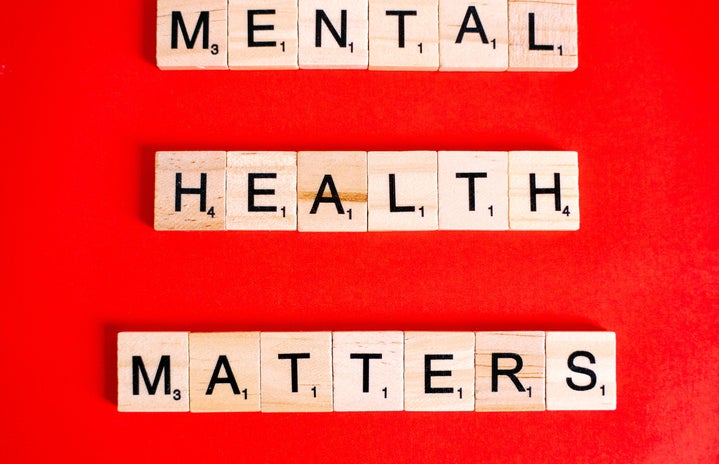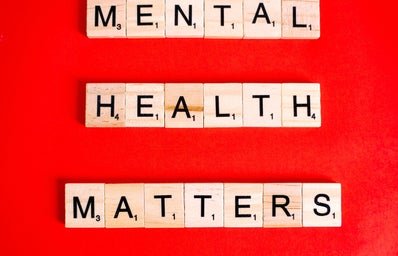Trigger warning; this article discusses issues surrounding depression, abuse and trauma.
Depression is a mood disorder which causes a persistent feeling of sadness, hopelessness and loss of interest even in things that were of interest before. It is also called major depressive disorder or clinical depression. It affects how one feels, thinks and behaves and can lead to a variety of emotional and physical problems. One may even have problems in carrying out normal day-to-day activities and feel that life may not be worth living. A lot of wrong information regarding the topic spreads around our society. Having access to the right information is pivotal for anybody who has depression or knows someone who has it. Read this article to know more about depression and its causes.
How is Depression Different from General Feelings of Sadness?
Sadness is a reaction you produce in situations of loss, disappointment or in the face of other problems. The fact about sadness is that it goes as it comes and you go back to your normal state of being in a certain period of time.
“With depression, going about even your daily life becomes difficult for you, which is not the case for sadness”
Psychologist, Shibili Suhana
As an individual with depression, you might have thoughts that question your mere existence. Waking up everyday or doing things you generally like might feel like a task you don’t want to perform. People with depression generally also experience hopelessness, helplessness and worthlessness. Looking ahead, life might feel pointless to them. Along with these feelings and thoughts, a person’s food and sleeping habits too change for the worse. If you feel parts or all of these, it might be an indication of depression, and not general feelings of sadness.
What are Some of the Causes for Depression?
“Depression can develop due to many reasons, and you can’t pinpoint all the reasons for it like you can do for a physical ailment”
Psychologist, Shibili Suhana
There are no single reasons but many possible risk factors such as:
- Family History: Having someone related by blood in your family, like parents or grandparents, who have or had depression makes you vulnerable to the chances of developing it as well
- Trauma: Having experienced trauma from your childhood due to physical, sexual, mental and/or emotional abuse can be a trigger for depression
- Other Biological Factors: Other than genes, over-production or under-production of certain hormones can account for few of the symptoms of depression, while reduced activity of one or more of the neurotransmitter systems can account for some symptoms
- Psychological Factors: Psychological factors like thinking patterns of an individual, the loss of someone or something relevant, inability to achieve goals and the sense of failure that follows, and stress and stressful events can put you at a risk of developing depression
- Gender: Women are found to be more likely to get depression than men while the reasons remain unknown. Women having to experience various hormonal changes at different points of their life might play a role here
- Medication: Certain medication like benzodiazepine and corticosteroids are found to be associated with depressive symptoms. Click here to know more
- Age: Elderly people are at higher risk of developing depression, and this risk increases even more when clubbed with a lack of social support and having to live alone
- Illness: Certain illnesses or medical conditions, like thyroid disease, can predispose you to develop depression
Click here to find out more about the causes.
While a lot cannot be done in regards to certain symptoms, certain things can be done to overcome depression. Medication and psychological treatments often prove to be fruitful in these cases.
If you need to know more, or if you or anybody you know seem to be experiencing the symptoms of depression, contact your doctor or mental health professional at the earliest.


